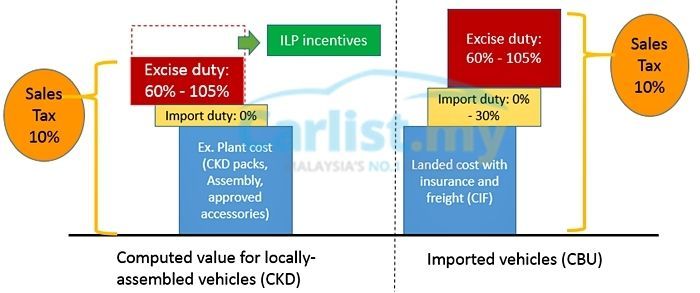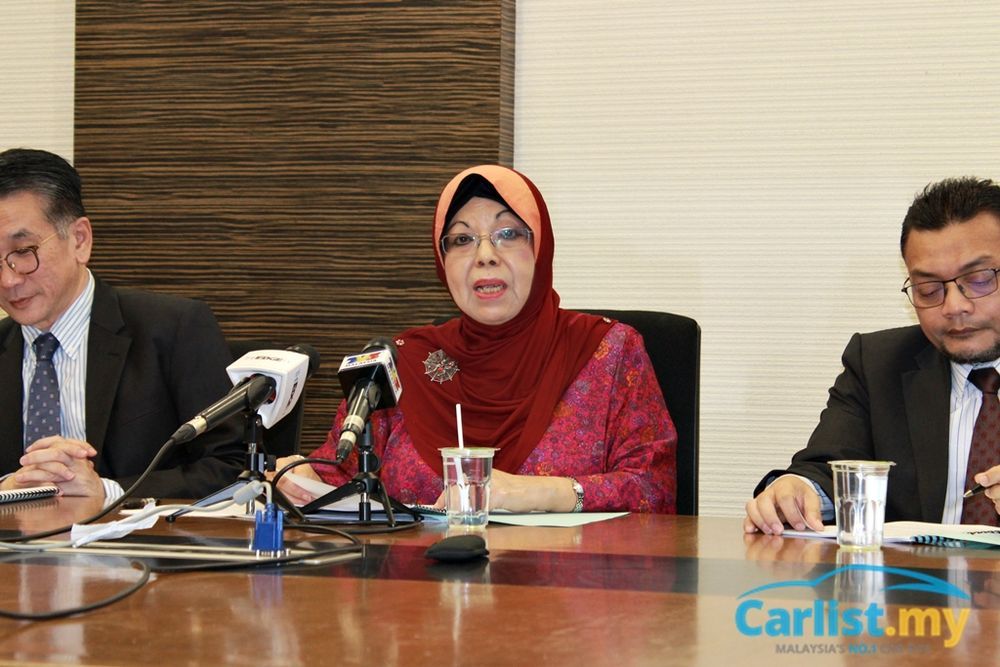Delay In Approval Of Car Prices – MITI Responds To MAA
所有资讯Following yesterday’s press conference by the Malaysia Automotive Association (MAA), where President Datuk Aishah Ahmad revealed that the severe delay in the launch of several locally-assembled models was due to the refusal of the Ministry of Finance (MoF) to make any decisions, MITI (Ministry of International Trade and Industry) has today released its rebuttal.
Replying to Datuk Aishah’s comments that MoF is the pushing the responsibility to ABDC (Automotive Business Development Council), MITI said:
“Since 2006, members of MAA have been applying for incentives to ABDC. In the decision making process, the Cost Benefit Analysis (CBA) is also considered by the Committee. ABDC meetings are held on monthly basis and special ABDC meetings will be convened, if necessary.
“The objective of ABDC is to evaluate and recommend the Industrial Linkage Program (ILP), Multi Sourcing Parts (MSP) and customized incentives for Energy Efficient Vehicle (EEV) under the National Automotive Policy (NAP) 2014. The recommendations by ABDC are for MOF to consider in deciding the amount of duty reduction to be extended to the vehicle companies.”

The various incentives/programmes listed above are for incentivising car companies to manufacture/assemble vehicles here. These incentives offer reduction in excise duties, which ranges from 65 to 105 percent, depending the amount of local content used and type of vehicles produced.
MITI’s clarification however, didn’t address the core issue raised – the delay in approval of incentives. It also did't address MAA's claims that meetings with ABDC did not produce any results, even though car companies are in close contact with the Council.

Datuk Aishah Ahmad, President of Malaysia Automotive Association.
MITI also implied that some car companies have been pocketing the incentives received and not passing it down to consumers.
“It must be noted that the approval letter from MoF also explicitly stipulate that the gains from the incentive received by the vehicle companies are to be passed down to the Rakyat.
“In the previous Administration, some vehicle companies had obtained the incentives directly from MoF, bypassing ABDC. Many of the applications were approved without comprehensive evaluation in determining the return of investment to the Government. However, in line with the aspiration of the new Government, MOF and MITI collectively agreed that the decision making process has to be transparent and fair and should be comprehensively deliberated by ABDC.
“All the due process and governance which has been strengthened under the current Government is primarily for the purpose of ensuring that the incentives are granted and distributed to the worthy and entitled recipients according to the prescribed regulations and guidelines. MITI will always strive to ensure public funds and taxpayers money are utilised optimally for the benefits of the Rakyat.”
There could be some truth behind MITI’s allegations, as the entire topic surrounding the so-called Energy Efficient Vehicles (EEVs), which began under the previous government, is very opaque.
Each manufacturer negotiates for its own incentives and other than obvious criteria like fuel economy, local assembly, and investments, the public doesn’t know exactly how the government evaluates/decides the value of tax incentives given.
We would expect that the more transparent government of today will correct this but this isn’t the case. Until MITI address this closed-door approach in negotiating for EEV incentives, MITI’s claims of championing transparency and accountability of use of public funds is contradictory.